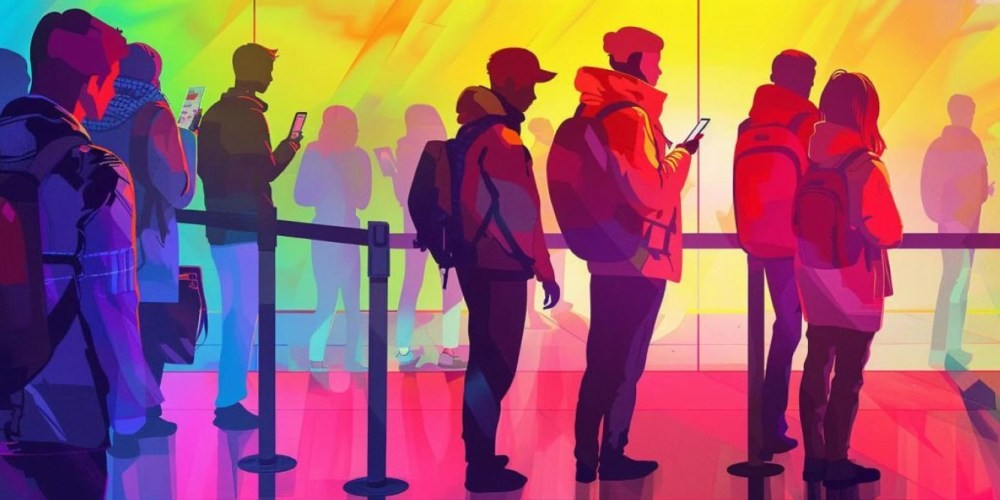WHO Official Testifies That Advice Against “Vaccine” Passports Was Ignored in Order to Continue Digital Rollout

(Reclaim The Net)—Dr. Hanna Nohynek, a World Health Organization (WHO) official, has told a court that her recommendation to Finland’s government during the pandemic was that the so-called “vaccine passport” was not necessary.
Nohynek, who is also the Finnish Institute for Health and Welfare’s chief physician, testified that as the controversial schemes were being announced, her stance was that Covid vaccines were not effective in stopping the transmission of the virus, and therefore “vaccine passports,” designed to prove somebody’s vaccination status and create a checkpoint society, were superfluous.
Worse still, they provided people with “a false sense of security,” is how the doctor put it, referring to her advice dating back to the end of 2021. As for the awareness that the vaccines did not stop Covid transmission, reports quoting Nohynek’s testimony say the Institute knew this in the summer of that year, and possibly earlier.
But despite Nohynek’s stance and her role at WHO – where she chairs the Strategic Advisory Group of Experts on Immunization (SAGE), and is also a member of the Vaccines Together and the International Vaccine Institute boards – the government ignored her.
At about the same time, the UN health agency was going ahead with plans to set up its Global Digital Health Certification Network, enabling the proliferation of digital vaccine passports, while the EU came out with its Digital COVID Certificate Regulation.
The facts concerning the advice given to the Finnish government came out during court proceedings launched by Mika Vauhkala, who sued for being barred from entering an establishment in 2021, even though he was healthy, but did not have the “vaccine passport.”
Vauhkala sued the government, alleging that the measures were unconstitutional since the country’s highest legal act prohibits discrimination against citizens – including based on health conditions.
The WHO, other organizations, and national governments like to talk about preparing for the “next pandemic”; however, revelations like this can hardly increase the level of trust people will have if another pandemic happens, particularly considering how ill-thought-out some of the most restrictive and damaging Covid measures have been.
After all, Nohynek could hardly be dismissed as a “conspiracy theorist” – and yet, her recommendations were dismissed.
Five Things New “Preppers” Forget When Getting Ready for Bad Times Ahead
The preparedness community is growing faster than it has in decades. Even during peak times such as Y2K, the economic downturn of 2008, and Covid, the vast majority of Americans made sure they had plenty of toilet paper but didn’t really stockpile anything else.
Things have changed. There’s a growing anxiety in this presidential election year that has prompted more Americans to get prepared for crazy events in the future. Some of it is being driven by fearmongers, but there are valid concerns with the economy, food supply, pharmaceuticals, the energy grid, and mass rioting that have pushed average Americans into “prepper” mode.
There are degrees of preparedness. One does not have to be a full-blown “doomsday prepper” living off-grid in a secure Montana bunker in order to be ahead of the curve. In many ways, preparedness isn’t about being able to perfectly handle every conceivable situation. It’s about being less dependent on government for as long as possible. Those who have proper “preps” will not be waiting for FEMA to distribute emergency supplies to the desperate masses.
Below are five things people new to preparedness (and sometimes even those with experience) often forget as they get ready. All five are common sense notions that do not rely on doomsday in order to be useful. It may be nice to own a tank during the apocalypse but there’s not much you can do with it until things get really crazy. The recommendations below can have places in the lives of average Americans whether doomsday comes or not.
Note: The information provided by this publication or any related communications is for informational purposes only and should not be considered as financial advice. We do not provide personalized investment, financial, or legal advice.


